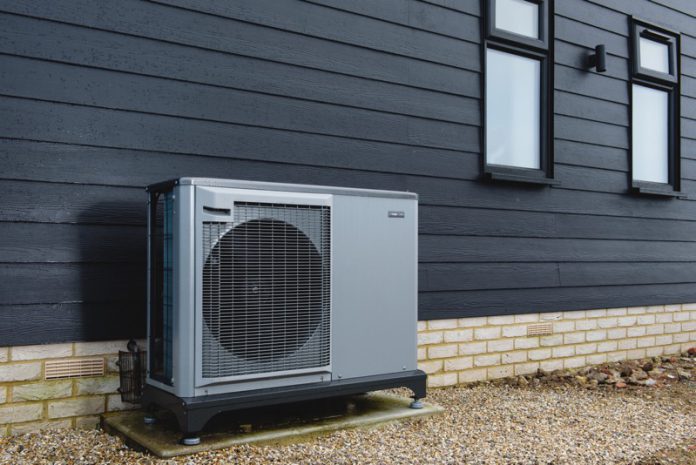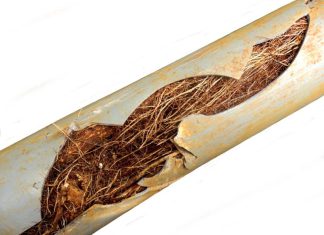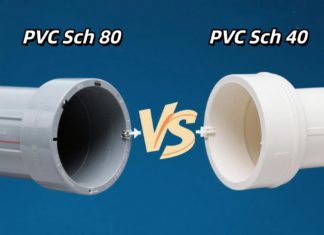You may have heard about Air Source Heat Pumps as a greener solution for home heating. With a global push to renewable energy sources and greener heating solutions air source heat pumps have great potential to replace boilers in the future. But, how much are air source heat pumps and what are the benefits of upgrading?
Well, there are lots of benefits and for many homes upgrading to an air source heat pump is a good choice. Not only can it save you money on heating bills in the long run, but it helps make your home more self sufficient by relying less on gas suppliers and will likely raise the value of your home if you wish to sell in the future. If you think it might be the right time to upgrade it’s best to speak to an expert and get some Air Source Heat Pump Quotes. Depending on the age and condition of your home, you might find that its best to make some insulation improvements before making the switch to ensure that you get the maximum benefits.
How much is an Air Source Heat Pump?
On average air source heat pumps cost between £3,000 and £11,000 for the unit and this depends greatly on whether you’re choosing ‘air to air’ or ‘air to water’. When doing calculations of your costs and savings you should factor in the upfront amount including installation and the running cost.
What’s the total cost for an Air Source Heat Pump?
When buying an air source heat pump, you will most likely need to pay more upfront than you would for a new gas boiler. But, due to the better efficiency of an air source heat pump you will save on actual heating costs over time providing that your home is correctly insulated to gain maximum benefit. Varying factors, such as heat pump brands, energy outputs and the overall size of a property will affect the total costs and savings.
Air Source Heat Pump installation
Typically the installation cost of an air source heat pump is around £1,000 to 2,000. However, there may be additions to factor in.
- Would you require underfloor heating or an air distribution system?
- Is your property well enough insulated to get full benefits from he air source heat pump?
- Do you have a designated space for the heat pump or will space need to be made?
- Depending of where the air source heat pump is located more wiring work may be required.
What’s the total cost for supply and installation?
On the lower end you could be looking at £4000 – £5000
On the higher end you could be looking at £12000 – £15000
Air Source Heat Pump running costs
Due to the efficiency of an air source heat pump the running costs can offset your upfront investment over time. Additionally, heat pumps require less maintenance than boilers and there is less that can go wrong. This makes air source heat pumps a good long terms investment.
When comparing a gas boiler, standard electric heater and an air source heat pump we find that an air source heat pump can be up to three or even four times more efficient.
The running costs of an air source heat pump will depend greatly on your household, property size and additional insulation. However we can see there are clear benefits to upgrading to an air source heat pump in terms of running costs, but also as an investment for your property to add value.
You can get more information about insulation and preparing your home for air source heat pumps on the Green Energy Compare website.
Is an air source heat pump worth it?
Most homes will need to move over to boiler alternatives over the coming years as boilers become obsolete and gas prices may rise due to less investment. Many home owners want to feel self sufficient and do not want to rely on gas supplies in the future. Air source heat pumps are a great alternative to boilers and will likely become the standard. For many homes some initial insulation upgrades may be requires to maximise the benefits of the air source heat pump, but this seems like a good investment both short and long term since upgrading will most likely raise the value of the property while providing money on heating bills in the long term.















